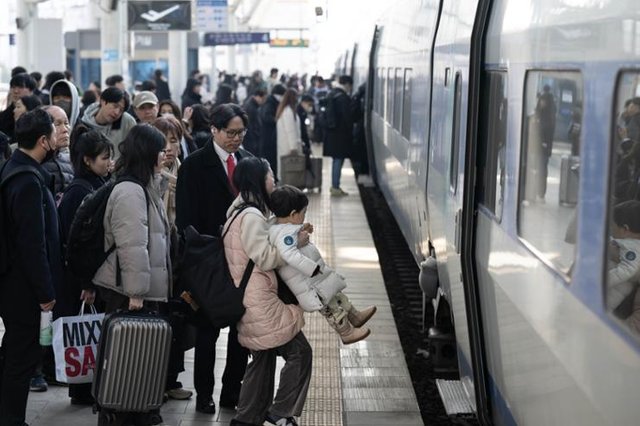Jan. 27 designated as temporary holiday
The South Korean government declared 27 January a temporary holiday. The move hopes to raise domestic tourism and, consequently, economic activities in the face of Lunar New Year festivities. This comes at a time when the country is looking for means to rejuvenate its economy after a series of challenges.
Plans for the extra holiday have received mixed responses from the public and the business community. Those involved in tourism, though, are convinced this is a very good opportunity to attract more visitors and more money. A few hotels and travel agencies have begun to offer package tours and special promotional packages for this longer holiday period.
But from an economic point of view, there are those that have questioned whether the move will give a boost to the economy or merely shift the spending from one day to another. Critics saying that this boost might only be short-lived with probably a lower long-term productivity if a large part of the labor force begins indulging in the time off.
From the cultural perspective, this holiday coincides well with the Lunar New Year festivities, thus enabling the family to have more time together to celebrate and share in all the traditional activities involved. It's also one way to continue the cultural heritage and maintain social bonds within the societal setup that has been known for fast life.
The announcement has also affected the stock market, as stocks in the travel and hospitality sectors are soaring high. Sectors that depend on daily operations may be disrupted with such a long break.
This socially may help in minimizing the stress of the workers by providing an additional day for them to relax before going into the bustle of festival time. From this perspective, many psychiatrists recommend the importance of such holidays for keeping the workforce fresh.
Meanwhile, the move also forms part of a broader policy of exploiting holidays to attain its economic ambitions. The government has attempted similar moves before, some more successful than others. How well this holiday will work will no doubt be scrutinized in the weeks ahead by consumer spending and tourist arrival figures.
All these will be concurrent with the increasing birth rate for which South Korea is experiencing lately after years of continuous decline, so to speak. Perhaps most especially, more family time for workers may bring people into social circumstances more propitious for this task: creating an atmosphere for increasing a family setting.
While the direct benefits to tourism and personal well-being are as clear as day, it's long-term economic effect is yet to be seen. It was a juggling act between stimulating economic activities while not allowing productivity to slump: as time will surely show, if this was a well-judged decision or one that would have to be adjusted in future years.
www.koreatimes.co.kr/www/nation/2025/01/113_389932.html

